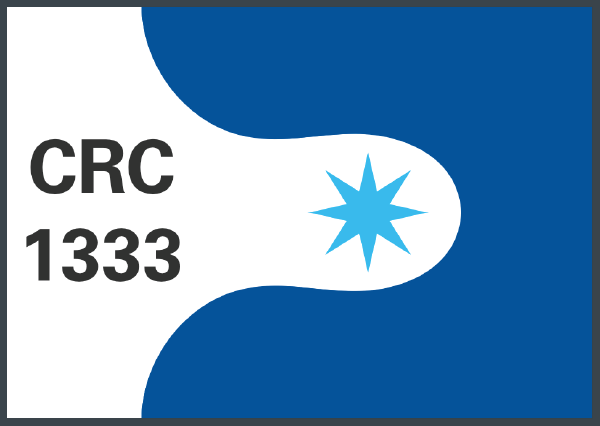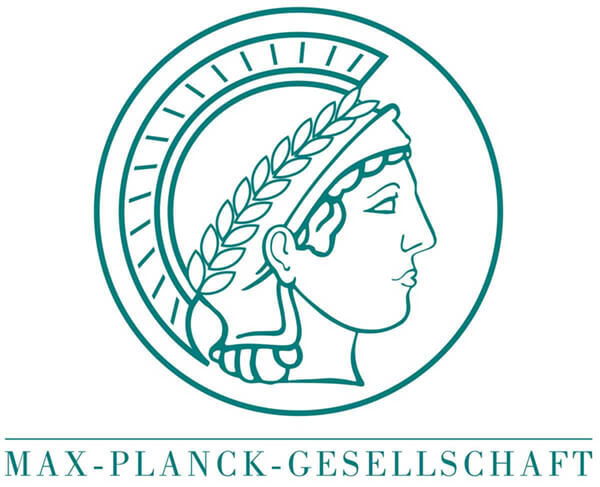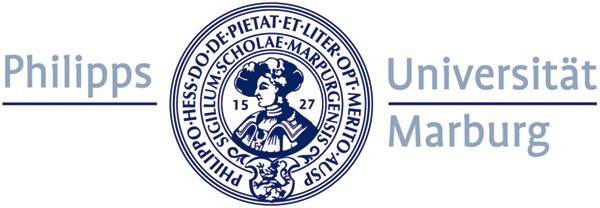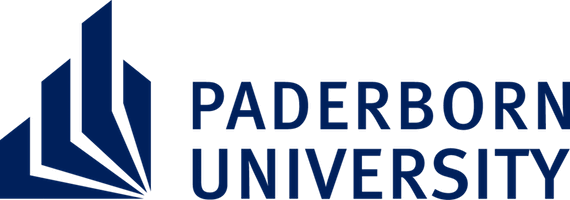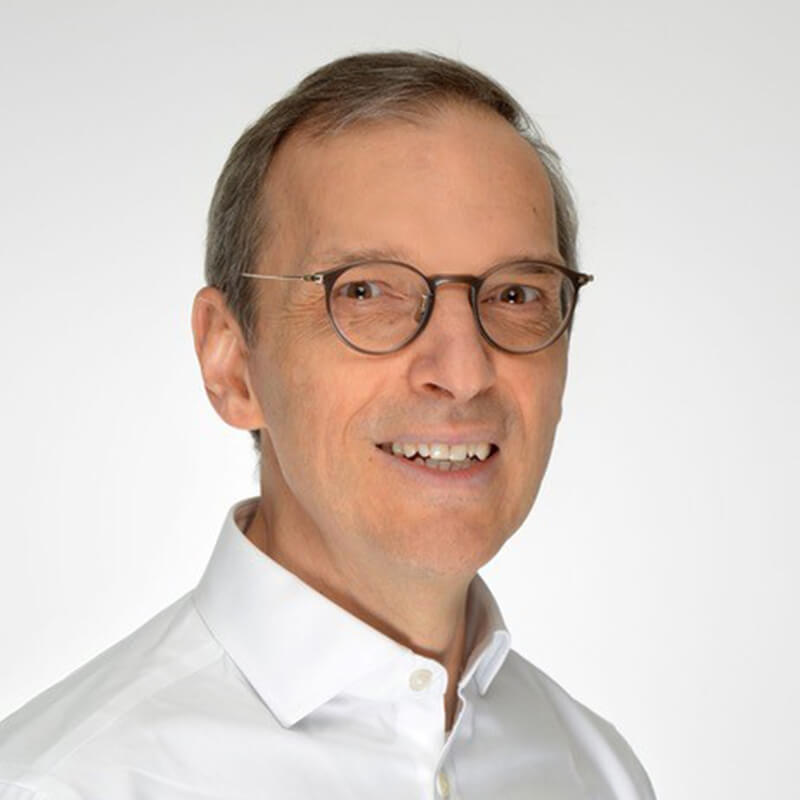
Prof. Dr. Thomas R. Ward
University of Basel, Switzerland
“Artificial Metalloenzymes for Carbene and Nitrene Chemistry: Challenges and Opportunities”
Artificial Metalloenzymes for Carbene and Nitrene Chemistry: Challenges and Opportunities
Thomas R. Ward1
1 University of Basel, Switzerland.
Email: thomas.ward[at]unibas.ch
Artificial metalloenzymes (ArMs) have attracted increasing attention in the past two decades as attractive alternatives to either homogeneous catalysts or enzymes. Artificial metalloenzymes result from anchoring a catalytically competent abiotic metal cofactor within a host protein.[1-2] The resulting ArMs combine attractive features of both homogeneous- and bio-catalysts. Most importantly, they enable access to new-to-nature reactions, thanks to the availability of the entire periodic table. In addition, the host protein can be subjected to genetic optimization. Relying on either streptavidin or human carbonic anhydrase as host protein for anchoring the organometallic cofactor, we have optimized the performance of ArMs for sixteen different reactions.
Following a general introduction on the underlying principles of ArMs, this talk will highlight our recent progress in engineering and evolving such hybrid catalysts for olefin metathesis, carbene insertion, and nitrene insertion. A particular emphasis will be set on combining ArMs with natural enzymes and performing catalysis in a cellular environment.
References
[1] H. J. Davis, T. R. Ward, ACS Cent. Sci., 2019, 5, 1120.
[2] F. Schwizer, Y. Okamoto, T. Heinisch, Y. Gu, M. M. Pellizzoni, V. Lebrun, R. Reuter, V. Köhler, J. C. Lewis and T. R. Ward, Chem. Rev. 2018, 118, 142.
Following a PhD at the ETHZ (with Prof.s LM Venanzi and D. Seebach, organometallic chemistry and catalysis) and a postdoc at Cornell University (with Prof. Roald Hoffmann, applied theoretical chemistry), Thomas Ward started his independent career at the University of Berne as Fellow in 1993.
He moved to the University of Neuchâtel in Fall 2000 as full professor and initiated there the field of artificial metalloenzymes.
After seven years, he moved to the University of Basel in 2008.
In 2016, he was awarded an advanced ERC grant to realize his DrEAM: the Directed Evolution of Artificial Metalloenzymes.
